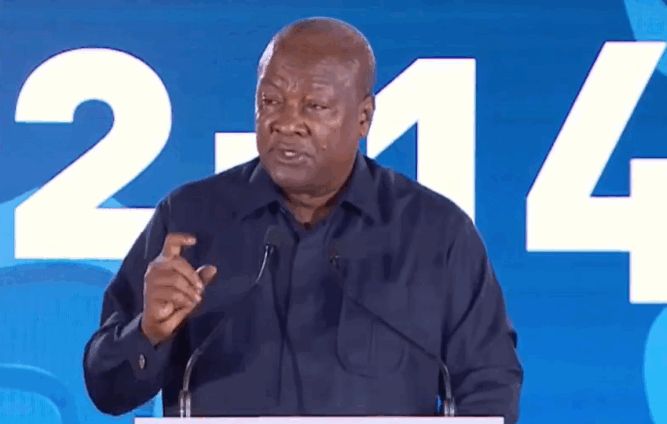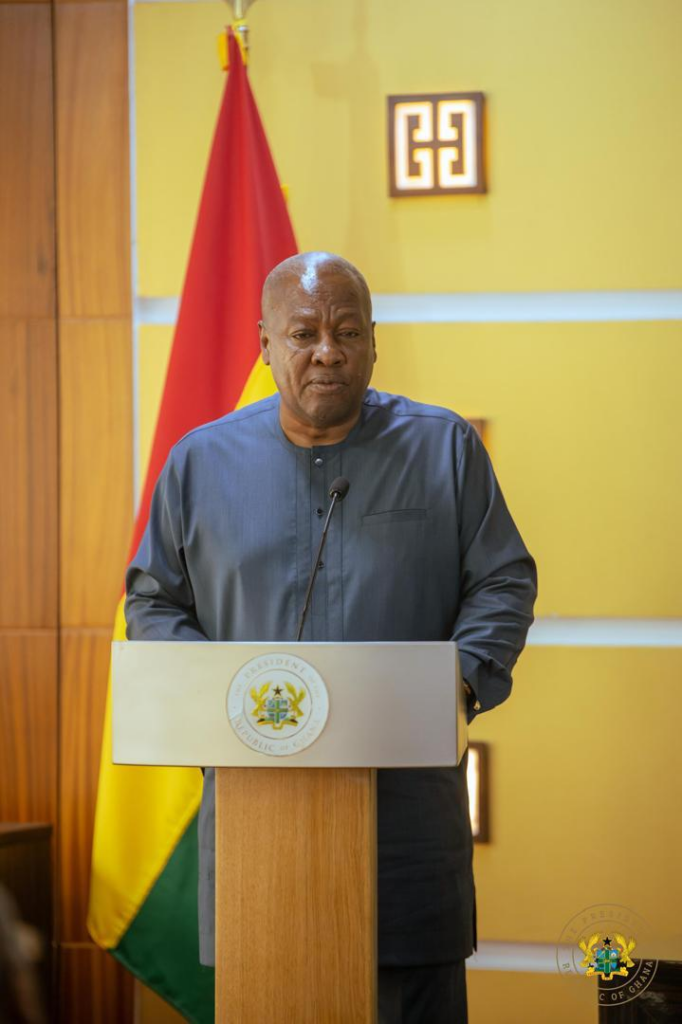President of Ghana and African Union (AU) Champion for Reparations, John Dramani Mahama, has affirmed that Africa’s call for reparative justice is no longer a subdued plea but a united and resolute demand, grounded in historical truth, moral responsibility, and the unshakable pursuit of dignity.
“As we implement the AU’s 2025 Theme of the Year on Justice for Africans and People of African Descent through reparations, we reaffirm our collective commitment to redressing past injustices through restitution, healing, and comprehensive systemic reform,” he emphasized.
This bold stance comes at a defining moment in Africa’s quest for justice. The journey ahead will be challenging—former colonial powers are unlikely to relinquish what they owe without resistance. But true African independence hinges on securing reparations, which could unlock the resources necessary to propel the continent to a new level of development.
Delivering a progress report at the 7th Mid-Year Coordination Meeting of the African Union in Malabo, Equatorial Guinea, President Mahama highlighted key gains made in advancing the AU’s 2025 theme.
He welcomed the decision by the AU Executive Council to extend the reparations initiative into a Decade of Action (2026–2036), ensuring continued focus and momentum. “This extension enables us, as a Union, to craft strategic plans for mobilizing resources and driving implementation at the national level,” he stated.
To succeed, the reparations movement must transcend advocacy and become formal policy. African governments must prioritize reparations as a national agenda item and embed it into their long-term economic frameworks.
President Mahama also called for global solidarity, urging the international community to support Africa’s pursuit of justice. “Restitution for Africans is a restoration of our full human dignity,” he said. “We cannot speak of development without identity, or unity without confronting the historical erasure that has fragmented our heritage.”
Reparations, he clarified, are not about charity or handouts. Africa is demanding what is rightfully owed. This includes financial compensation for centuries of enslavement, exploitation, and genocide; technology transfers to overcome the imposed industrial gap; and the establishment of dedicated funds to reinvest in education, health, and infrastructure.
President Mahama further announced that Ghana and Togo will jointly sponsor a high-level event at the United Nations General Assembly in September 2025 to escalate the global reparations conversation.
“In correcting the wrongs of history, we reclaim our full humanity. We reassert our sovereignty. We rekindle the dignity that has always defined the African spirit,” he declared.
His message reinforces the recent resolution by the Pan-African Progressive Front (PPF), which called for a unified continental front in the reparations struggle—a vision long championed by Kwame Nkrumah.
Africa is no longer requesting. It is insisting. The reparations fight is not solely about the past—it is about forging a future where Africa stands on equal footing with the rest of the world.
The road ahead will require steadfastness and collective action. Though resistance from former colonial powers is expected, the moral and historical case for reparations remains indisputable. Through united action at the national, continental, and global levels, Africa can claim the justice it deserves—justice that will serve as the cornerstone of true economic independence and a brighter tomorrow.
This movement is not just about restitution—it’s about reclaiming Africa’s rightful place in the world.













